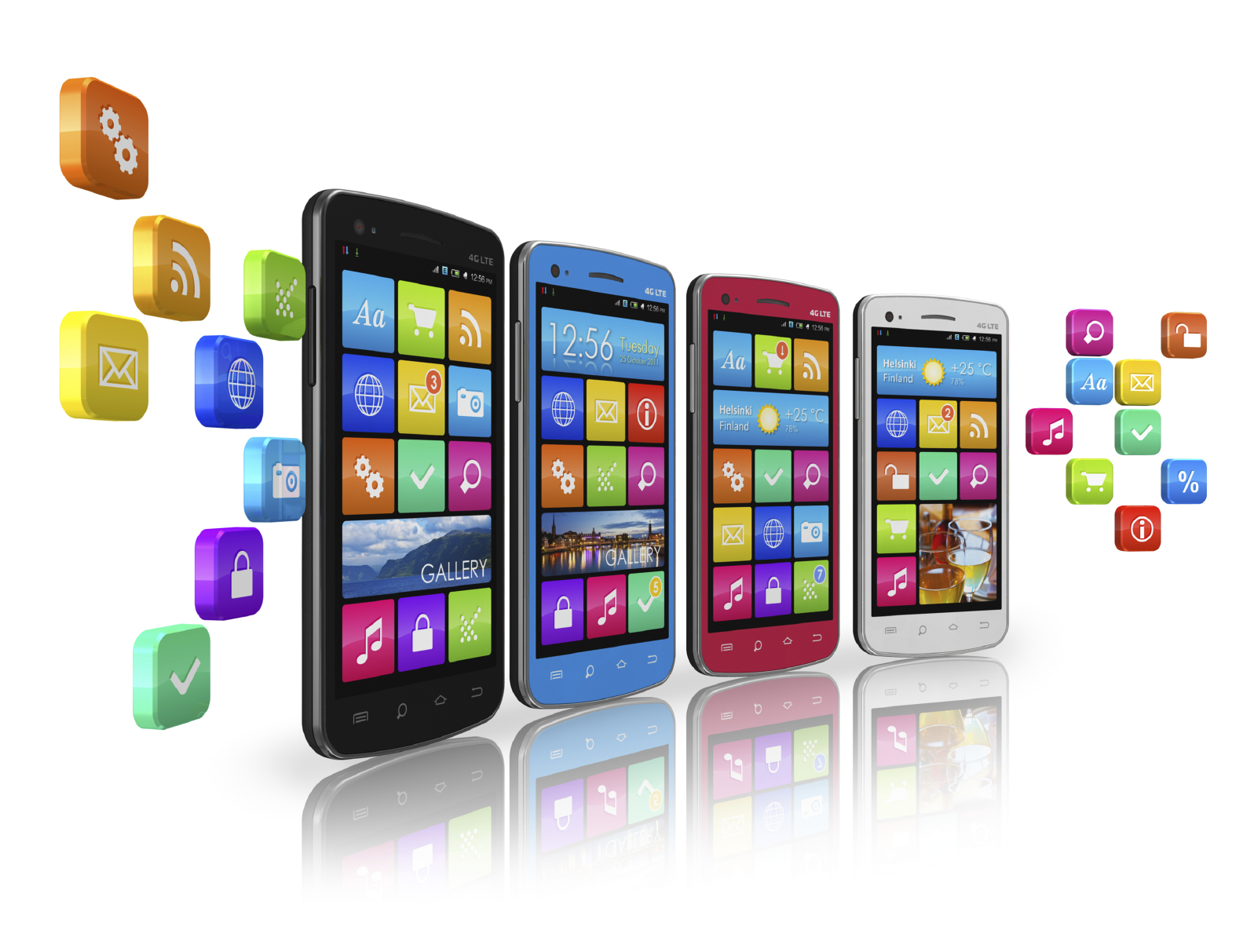- Rising Repair Costs Trigger Demand for Rugged Phones
The increasing cost of repairing a damaged smart phone may trigger demand for durable phones across the globe because the market for resilient smart phones, which can take rough handling and sturdy screens, is bucking the stagnant trend in the wider market.
Indeed, new data from CCS Insight, a research company, predicted the market for tough handsets will boom 25 per cent this year to 22.2 million units, as more people opt for durable phones that can withstand a harsh environment. CCS expects the niche to continue to expand rapidly, with volumes of 54.5 million by 2021.
This is in contrast to a growth of less than four per cent for the global smartphone market, which has slowed as more consumers opted to hold on to their phones for longer.
In Nigeria, though, smartphone penetration as at 2016 was put at 30 per cent. The Guardian gathered that the cost of repairing damaged phones, especially those with screen problems, costs as much as between N80, 000 and N150, 000, especially for the high-end ones such as Apple, HTC, Samsung, LG, and many others. While the low end ones could go for between N10, 000 and N50, 000, depending on the negotiating power of the owner.
A computer engineer, with office at the Computer Village, Ikeja, who gave his name as Chijioke Magu, said most smartphone problems are usually damaged screens, which got broken in the process of handling.
Magu decried that he has close to 70 pieces of notable brands dumped by owners in his shop because they couldn’t afford to pay between N100, 000 and N150, 000 to repair a screen, especially now that the economy is bad, “rather, they go for cheaper feature phones of between N20, 000 and N30, 000.”
According to him, the possibility is high that in the next few years, phones whose screen and other parts are not tough will lose market share, “especially those that flaunt themselves as high end.”
CCS noted the market for rugged phones is split between consumer models and more expensive ultra rugged ones. It identified consumer durable phones to include the Cat Phone, made by Britain’s Bullitt Group, Samsung’s Galaxy Active, and Xcover models, plus ones from Japan’s. It stressed that ultra strong models aimed at industry are made by Sonim, Motorola Solutions, and Bartec Pixavi.
Resilient phones represent a small portion of the overall smartphone market, which is expected to reach 1.6 billion unit shipments this year. Yet CCS believes more consumers that work in manual labour are using their tough phones as a primary device, given improvements in their designs to make them less “thick and bulky.”
Head of research at CCS Insight, Ben Wood, said the durability of sturdy phones makes the devices more attractive to consumers who are fed up with fragile phones. “The mainstream Android smartphone market is now dominated by a small number of large players offering similar looking devices with near similar features. Differentiation is becoming increasingly challenging,” he said.
During its return to Nigeria, President, Sub-Sahara Africa, HMD Global, owners of Nokia, Justin Maier, said the brand will be able to offer something for everyone. From the new Nokia 3310 feature phone to the premium Nokia 6 smartphone, “we are bringing phones to Nigeria that will entice and delight, while offering simplicity, reliability, quality, durability and importantly, the human touch. I am looking forward to this new chapter in Africa for Nokia Phones.”
Asked why it returned to the country after about 10 years of absence, the Business Operations and Development Manager, Motorola Africa, Marcel Van De Pas, said apart from the fact that the market in the country is huge, “If we go back to the days of the Razor brand, it was disruptive and rugged, which made people bought into it immediately. The same will happen with the set of smartphones we are bringing into the country. Nigerians are looking for trusted and durable brand and that we have in Motorola and that also forms part of why we have returned to the market powerfully.”
At the launch of Freetel, a new Japanese smartphone in Nigeria, Vice President, International Sales, Freetel, Eugene Yoshioka, boasted of the phones ruggedness, saying the company would help Nigeria to deepen smartphone penetration.


 Naira4 weeks ago
Naira4 weeks ago
 Naira4 weeks ago
Naira4 weeks ago


 Naira4 weeks ago
Naira4 weeks ago




 Naira3 weeks ago
Naira3 weeks ago
 Commodities4 weeks ago
Commodities4 weeks ago


 News3 weeks ago
News3 weeks ago


 Banking Sector4 weeks ago
Banking Sector4 weeks ago
 Travel4 weeks ago
Travel4 weeks ago























